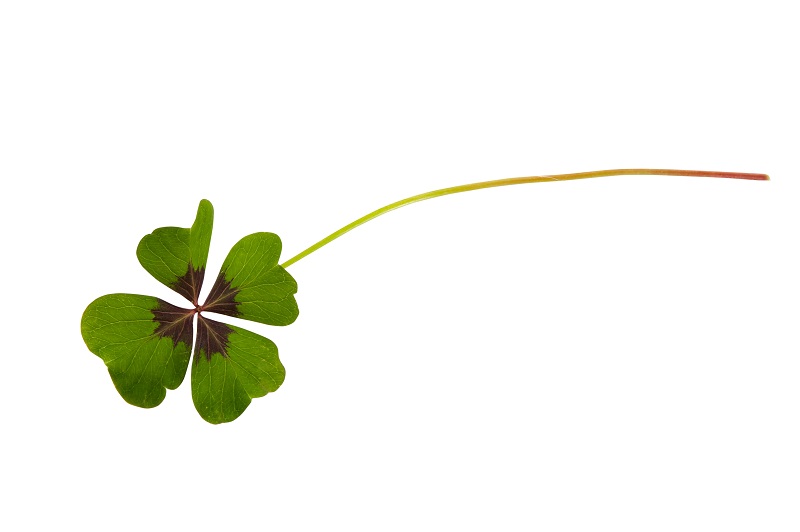We recently came across an interview with neurobiologist Gerhard Roth in the online magazine „Spiegel +“. The topic: „There is only one kind of happiness that you don’t get bored with“.
In the following, we would like to 1) explain the types of happiness distinguished by Roth and 2) ask you which attitude towards life can lead to lasting happiness. In the survey section, compare your opinion with that of others.
1) Different types of happiness according to Roth. We need to distinguish between:
Happiness
According to Roth, happiness is a short-term result of the brain’s reward process. Triggers can be, e.g: sex, alcohol, drugs, extreme sports, salary increase, unexpected profit, falling in love, a new job offer, etc. All of these moments of happiness have one thing in common: they are transient and may cause us to fall back into a feeling of unhappiness. Dissatisfied people tend to search harder for these triggers of happiness. They wander around hoping that happiness is just around the next corner. According to Roth, they are in constant, diffuse, undirected search for happiness, or rather, short-term happiness triggers.
Intrinsic happiness
According to Roth, intrinsic happiness is happiness where you enjoy what you are doing or experiencing from within. Learning, hearing, or seeing something new. Enjoying work, listening to music, a good conversation, collaborating on something meaningful. They say that this happiness does not go into saturation – that is, you don’t get tired of it. If you enjoy your job and it provides gratification, you will continue to enjoy doing it and sense happiness. In these moments, the feeling of happiness is linked to contentment in life, so the feeling of happiness is more long-term. These are the phases in which you, for example, get into a „flow“ and can „work around the clock“. In which artists write operas or symphonies within a month, or the motivation experienced by a scientist who loves his field of research above everything else. But even this kind of happiness can come to an end, according to Roth. The creative frenzy can subside – once the work, or the research project, is finished, the artist is empty, the scientist depleted.
Contentment in life
According to Roth, contentment in life is not happiness; these are two completely different things. According to Roth, they are also processed in different neurobiological systems. Contentment in life is an attitude towards life – a fundamental personality trait. Content is someone who has a pronounced stress management and has developed the ability to calm himself down. A person who is content does not need to win the lottery and does not want to become a superstar overnight. He is content with what he has. According to Roth, this attitude towards life is formed in our earliest childhood years and remains relatively stable throughout life. We can consciously change our attitude towards life, however, the older we get, the harder it becomes.
2) Can we consciously change our satisfaction in life? What do you think? Please choose the most suitable response!
The poll is on German, but you may find the translation of the possible answers here below. If you want to participate in the poll, please just remember the lower case character of the answer you would give and click the same in the German poll below. Afterwards you may compare your answer with the answers others have already provided.
Do you not find yourself in the answers? Then write to us by email to info@ethica-rationalis.org or use our Contactform.
We also want to point out two more articles on the topic of happiness on our website:
The small happiness – how gratitude can change our lives (part 1) and (part 2). Here you will also find more thoughts on this topic.
Authors: The Ethica Rationalis editorial team
Comments:
| Anonymous – Sunday, 12. September 2021 at 10:12 „Hello, I think that another very important point in finding contentment in one’s own life is to consciously focus on all the good things that happen to you or you succeed in every day (even small things like the sun, a nice greeting, a friendly gesture, something that went well) or the strengths and abilities that one has. Gratitude also plays an important role. It is also an important and powerful psychotherapeutic intervention method often used in therapies (the so-called sun or friend diary in which you consciously focus on the good things that happen every day and write down at least three of them in a diary, „negative“ or unpleasant events are deliberately not written down). Thank you for the nice article.“ |



